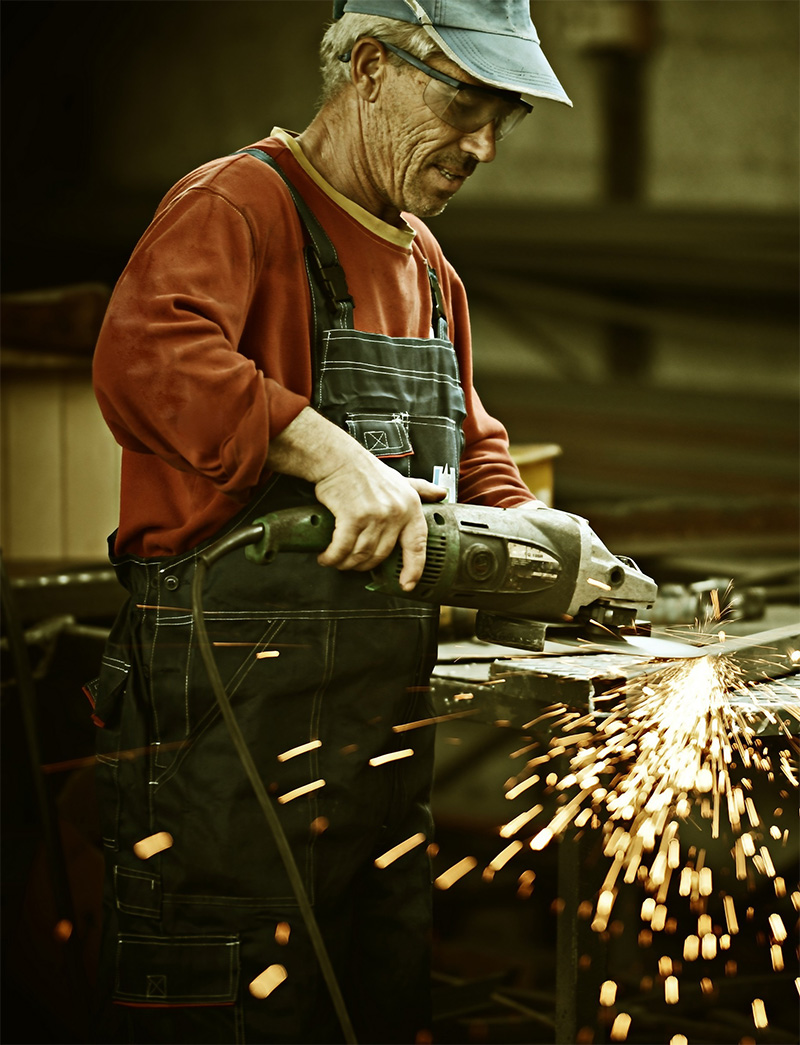
In his State of the Union address, President Trump told the American people and the world that the era of economic surrender is over. “From now on,” he said, “we expect our trading relationships to be fair and … reciprocal.” Trump likewise told the World Economic Forum in Davos, Switzerland, this past Friday that we need “fair and reciprocal trade”, noting that “the United States will no longer turn a blind eye to unfair economic practices, including … industrial subsidies and pervasive, state-led economic planning.” Simply put, we cannot have free trade if other countries don’t play by the rules.
As the CEO of Century Aluminum, America’s largest aluminum producer, I have seen firsthand the devastation that results when countries engage in unfair trade practices. The American primary aluminum industry has lost 62 percent of its production in the past five years alone.
Earlier this month, the U.S. Department of Commerce delivered a report on the national security implications of aluminum and steel imports after a significant and thorough investigation. Trump now has 90 days to decide whether to impose broad comprehensive relief, in the form of tariffs or quotas, to ensure that the U.S. aluminum and steel industries survive the accelerating surge of unfairly traded imports into the United States.
Leaders of U.S. trading partners, meanwhile, have presented themselves as globalization’s knights in shining armor. Last January, Chinese President Xi Jinping presented what some called a “robust defense of globalization” at the World Economic Forum in Davos. This year at Davos, it was Indian Prime Minister Narendra Modi’s turn. According to reports, Modi “took a swipe at the forces of protectionism that he said are seeking to reverse globalization, with rising tariff and non-tariff barriers around the world.”
In practice, however, when Xi and Modi speak of “globalization” and “free trade,” they mean something completely different. Their trade and economic policies reveal a vision of globalization in which rules are advisory as applied to them, but binding as applied to their favorite export markets.
Modi, for example, is himself considering a 70 percent tariff on solar panels — twice as high as the one that Trump recently imposed in the United States. Late last year, India also imposed safeguard duties on imports of steel sheet and plate, and the Indian aluminum industry is calling for an increase to their already existing duties on primary aluminum. This, despite the fact that Indian aluminum production increased by over 90 percent from 2013 to 2017.
In China, the so-called “socialist market economy” has spawned state-fed industry after industry. Its massive state subsidies have driven vast amounts of overcapacity not only in aluminum and steel, but also in coal, glass, solar and other industries, and it is moving swiftly into sectors like semiconductors, robotics, and other high-tech industries. China’s aluminum production alone has increased by more than 500 percent in the last 15 years. Xi’s words about economic openness and integration seem to apply only to China’s trading partners, while at home he pushes the limits of state economic control by expanding the party’s influence further than any Chinese leader in the post-reform era.
Elsewhere in the aluminum industry, countries in the Middle East have expanded rapidly using a combination of tariffs and energy subsidies despite there being little to no domestic consumption. These industries exist solely as export platforms, to take advantage of demand growth in the United States, European Union, and elsewhere. Even the European Union has tariffs in place on primary aluminum imports, diverting even more import volume to the United States.
This is what Trump meant by “fair and reciprocal trade” in his remarks at Davos this year. His point that free trade breaks down when “some countries exploit the system at the expense of others” is a response to years of mercantilist policies by countries that have used the rules to their advantage abroad, but refused to accept them in good faith at home.
It should come as no surprise, then, if the rhetoric of those like Modi and Xi no longer resonates in the United States. Trump’s National Economic Council Director Gary Cohn put it this way last April: “Fair means we treat our trading partners the way they treat us.”
As the CEO of one of the last remaining U.S. companies in an industry that’s been wiped out by mercantilist trade policies with great human and economic cost, I don’t think that’s unreasonable. Solar panels and washing machines are a start. Now is the time for the Trump administration to follow through with action on aluminum and steel.
Mike Bless is president and chief executive officer of Century Aluminum.